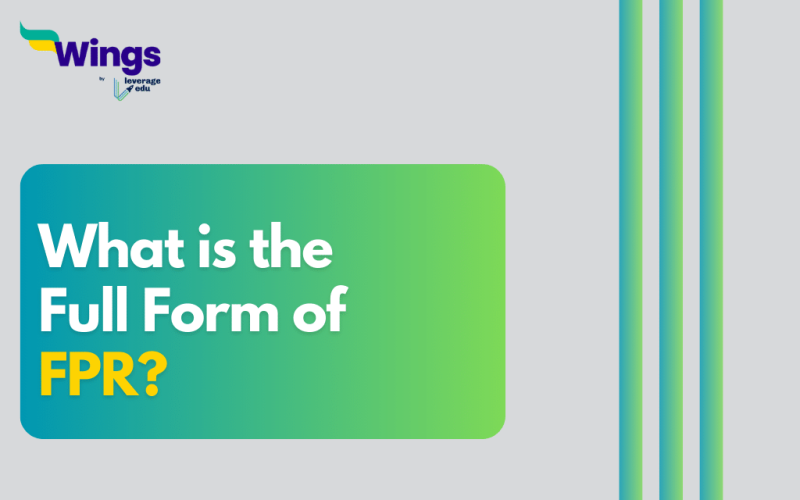The full form of FPR is False Positive Rate. In the world of data science, particularly in the context of binary classification models, the False Positive Rate is a crucial metric. It represents the proportion of instances that were incorrectly classified as positive out of the total actual negative instances. In simpler terms, FPR measures the rate at which a model falsely predicts the occurrence of a positive event when, in reality, it is not happening.
Also Read: What is the full form of FMAS?
About FPR
Table of Contents [show]
False positives can have significant implications, depending on the application. For instance, in medical diagnosis, a false positive could lead to unnecessary treatments or surgeries, causing stress and financial burdens for patients. In cybersecurity, a false positive in intrusion detection may trigger unnecessary alarms, potentially diverting resources away from genuine threats.
Also Read: What is the full form of FDDI?
FPR in Action
Mathematically, the False Positive Rate is calculated as the ratio of false positives to the sum of true negatives and false positives. The formula is as follows:
\[FPR = \frac{False Positives}{False Positives + True Negatives}\]
Understanding and monitoring FPR is essential for fine-tuning machine learning models. It provides insights into the model’s ability to distinguish between positive and negative instances and helps strike a balance between sensitivity and specificity.
Also Read: What is the full form of DAA?
In the intricate world of data science, FPR is a key step toward mastering the art of model evaluation. As we continue to advance in the era of artificial intelligence, a nuanced understanding of metrics like False Positive Rate becomes paramount for building robust and reliable predictive models. So, the next time you encounter FPR in a discussion or a report, remember that it’s not just an acronym but a critical indicator in the quest for data-driven insights.
Also Read: What is the full form of DFD?
For more such full forms check out our blog on Full Forms. For more abbreviations like this, you can check out our 300+ Full forms list!
 One app for all your study abroad needs
One app for all your study abroad needs















 45,000+ students trusted us with their dreams. Take the first step today!
45,000+ students trusted us with their dreams. Take the first step today!
